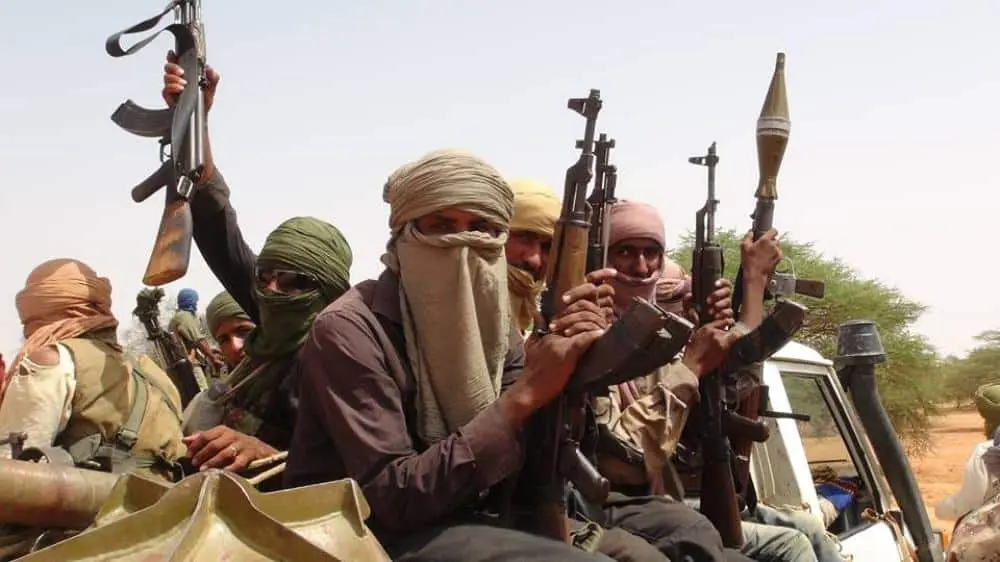Kenya Protests Turn Deadly as Death Toll Rises to 16 Amid Police Crackdown

Photo: Africanews
June 26, 2025 Hour: 2:15 pm
The death toll from Wednesday’s nationwide anti-government protests in Kenya has climbed to 16, with most fatalities reportedly caused by police gunfire, according to Amnesty International and the Kenya National Commission on Human Rights (KNCHR).
The protests, held in 23 of Kenya’s 47 counties, marked the first anniversary of the 2024 anti-tax demonstrations that left over 60 people dead. This year’s rallies were sparked by ongoing anger over police brutality, economic hardship, and the recent death of a blogger in police custody.
In Nairobi, security forces used tear gas, water cannons, and live ammunition to disperse crowds. Protesters attempted to march toward Parliament and the President’s Office, both of which were barricaded with razor wire.
A joint statement by the Kenya Medical Association, Law Society of Kenya, and the Police Reforms Working Group confirmed that hundreds were injured, including at least 83 with serious wounds, many from gunshots.
Amnesty Kenya’s director, Irungu Houghton, said the organization had verified 16 deaths and over 400 injuries, calling the police response “excessive and unlawful.” The KNCHR echoed these concerns, citing “allegations of excessive use of force”.
In downtown Nairobi, businesses were looted and set ablaze. At least two police stations were torched by protesters, and Kenya Power reported that one of its security guards was shot dead while on duty.
The government’s Communications Authority ordered a halt to live TV and radio coverage of the protests, prompting backlash from civil society and media groups. A Nairobi court later suspended the directive, allowing broadcasts to resume.
President William Ruto, who withdrew the controversial tax bill last year, has faced mounting criticism over his administration’s handling of dissent. Protesters chanted “Ruto must go,” accusing the government of economic mismanagement and repression.
The Interior Minister, Kipchumba Murkomen, defended police actions, claiming they had “foiled a coup” and insisting that no officer had committed excesses. His remarks drew sharp rebukes from rights groups and opposition leaders.
The protests were largely youth-led, with demonstrators waving Kenyan flags and holding placards bearing the names of victims from last year’s unrest. Many cited unemployment, corruption, and police impunity as reasons for taking to the streets again.
Western embassies, including those of the U.S., U.K., and Germany, issued a joint statement condemning the use of force and urging the government to uphold the right to peaceful assembly. They also criticized the deployment of plainclothes officers and hired “goons” to disrupt protests.
As Kenya reels from another deadly protest anniversary, calls for police reform, accountability, and political dialogue are growing louder. Civil society groups warn that without meaningful change, the cycle of violence and repression may only deepen.
Author: OSG
Source: EFE-Africanews






